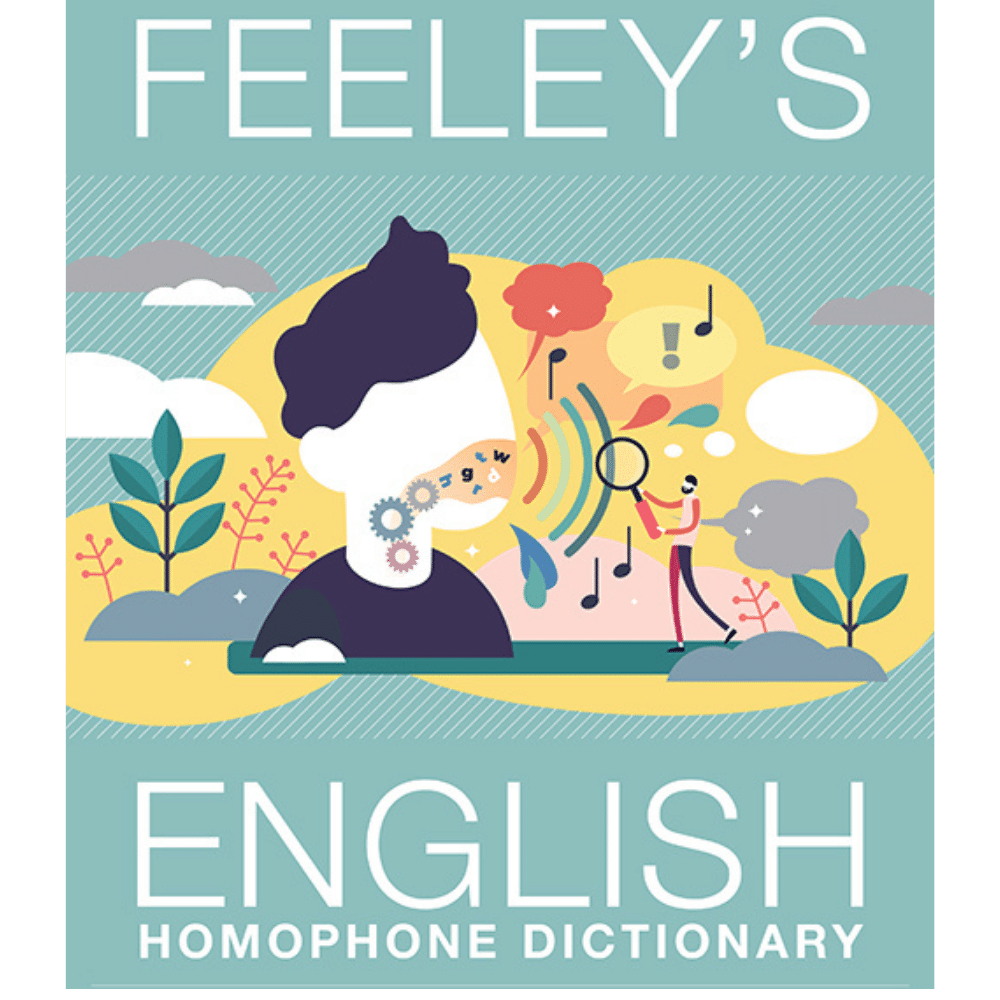Homophones for fabal or fable
fabal / fabel / fable [ˈfeib(ə)l]
fabal (fabel, favel) - adj. - n 1. old term for, of or belonging to a bean, especially broad beans, the term still pops up in some scientific articles in the cereal sciences. The Oxford English Dictionary online, does have it with this meaning and quotes dictionaries from the 1600's but it can also be found in A New English Dictionary on Historical Principles (1901) by James Murray, William Craigie and Charles Onions; 2. used as a family name and as product names
Do Not Confuse with the actual bean, Vicia faba L.
fabel - n. - a technique pioneered by Benoit Brecht, to critique the plot of a play in theatre. It contains three related but distinct aspects: social interactions - the events of the story, the dramatic structure, and finally the attitudes that the play both embodies and articulates. It's a dramaturgic technique which has its roots in the 18th century and became more fully developed in the 20th century.
fable - n. & v. - n. a story that may or may not be fictious, and often has some form of lesson embedded in it and may relate to historical characters. The facts of these stories cannot be verified; v. tell something that lacks details that can be confirmed, to prattle, to invent history
In the News...
One of the challenges with 'fabal' is that folks like the word. In addition to the bean history, some folks have this as a family name. It is used for a number of acronyms for organizations, wines, laagers, fashions, and all sorts of other products. So, what's in this name?
But 'fabal' should never be confused with 'fable.' The second deals exclusively with stories.
Then to make things even more interesting is the tripartite action of the 'fabel', devised by the German Marxist to analyze play plots and bring theatre into the form that he felt it should have. This dramaturgic device has become widely used.
You may find yourself, like the infamous Jack, working with two or all three of these terms at once.
Quotes...
Dare we infer again that the author of this novel also wrote the fable book that now survives in the form of 'Collectio Augustana'?
~The Ancient Fable: An Introduction (Review) (2007) - Laura Gibbs
Without a fabel, Brecht believed that a production lacked the guidance required to articulate required dialectical contradictions clearly as they unfolded over time.
~Brecht in Practice: Critical Reflections on Staging Drama Dialectically (2021) - David Barnett
